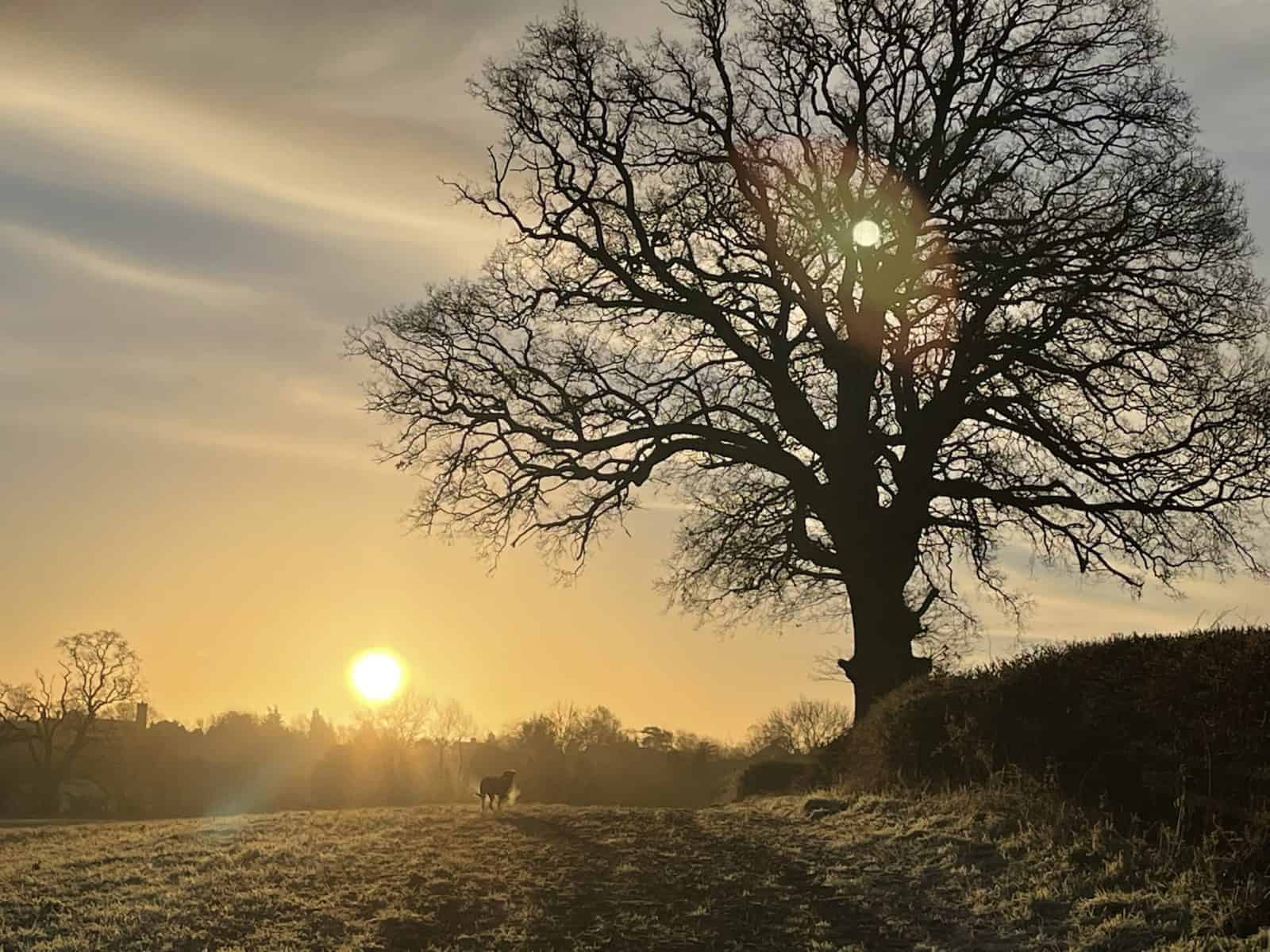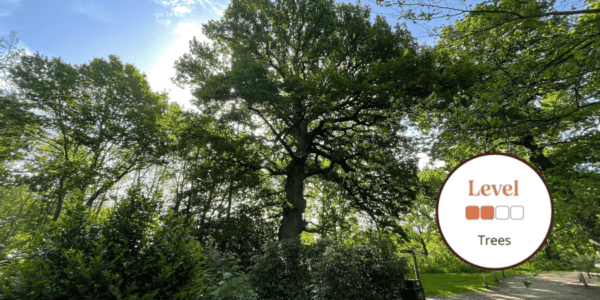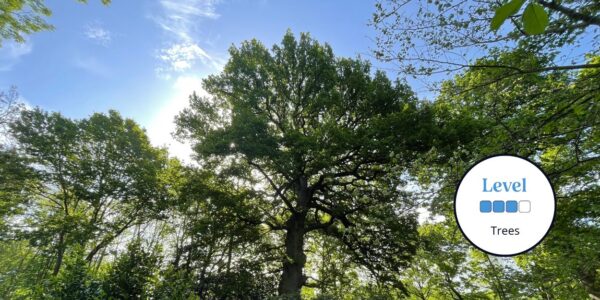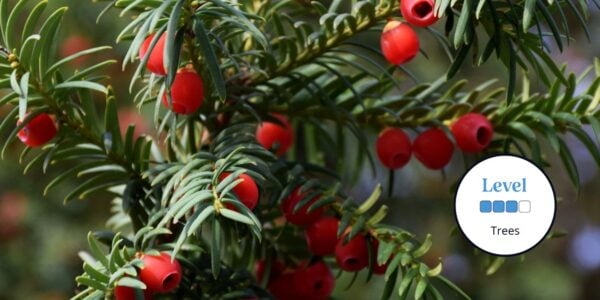This beginner tree identification course will help you learn to use features such as twigs, buds and bark to identify broadleaved tree species during winter.
This is the perfect course for beginners looking to develop their broadleaf tree identification skills using features other than leaves.
What is covered in this course?
- Introduction to Winter Features
- Identifying Broadleaf Trees in Winter
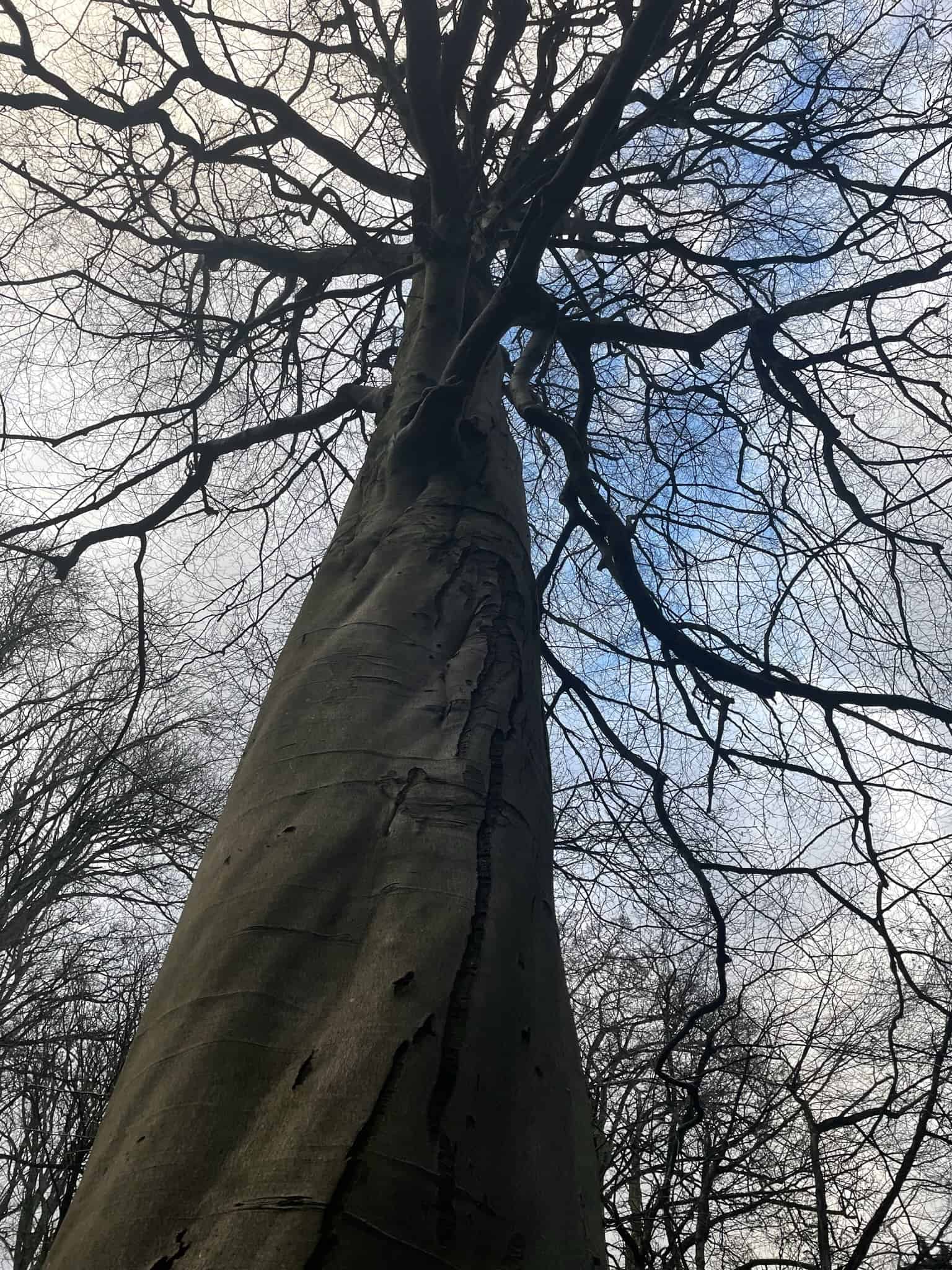
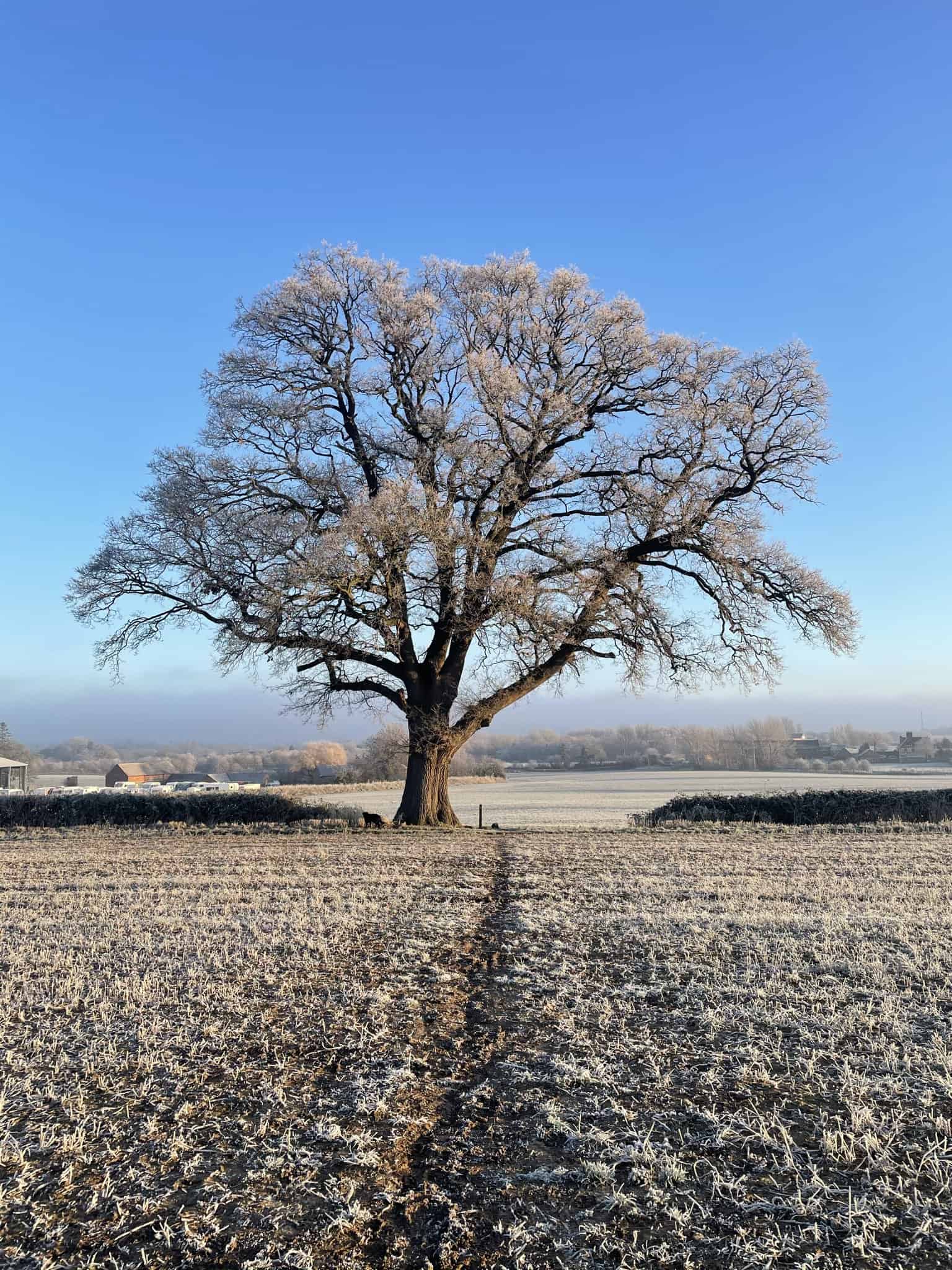
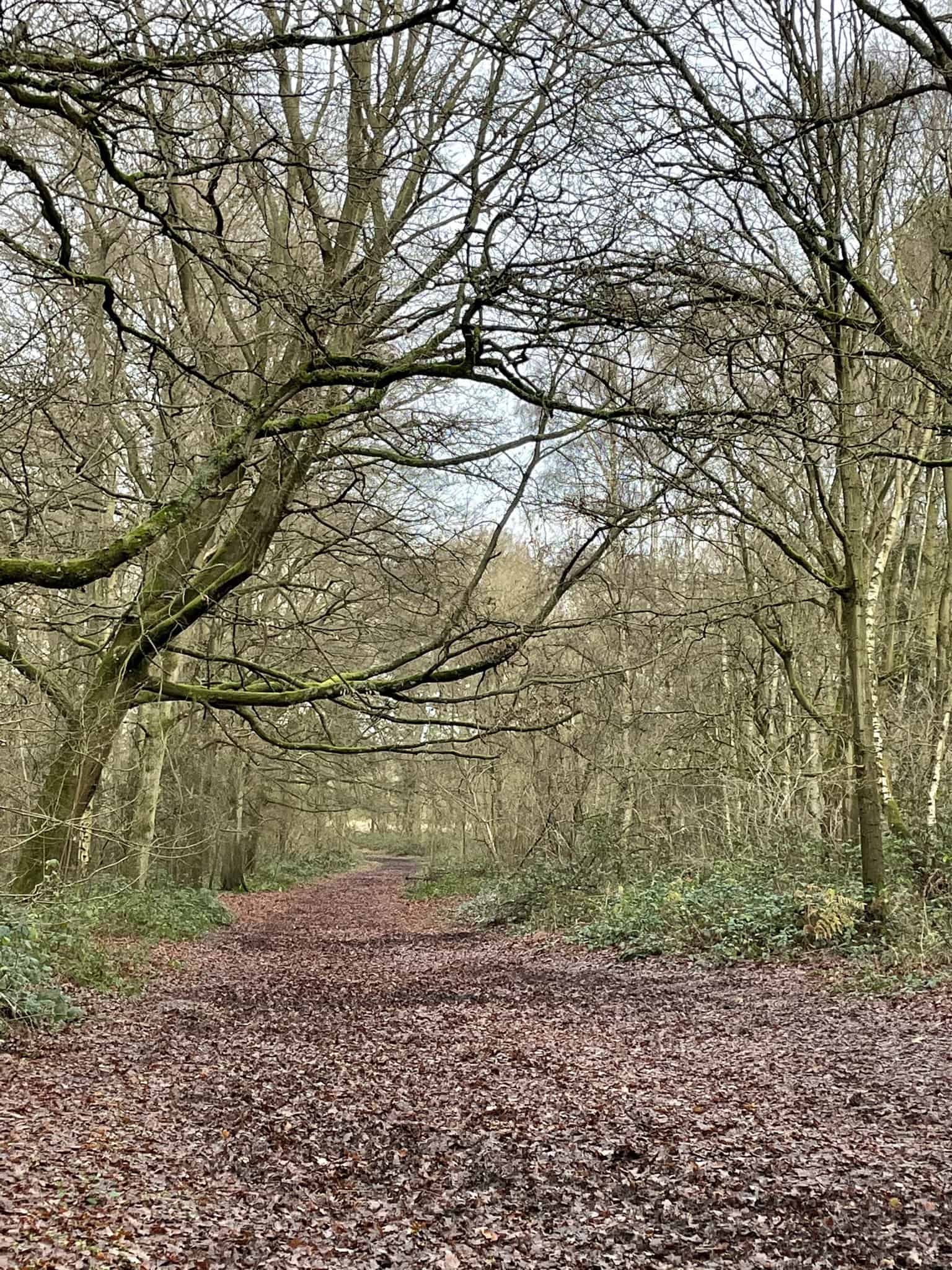
Images by Anna Lewis
Read More
This tree identification course will cover an overview of the changes broadleaved trees undergo during the winter season, the key features needed to identify trees in winter (twigs, buds and bark) and species profiles for a number of common UK broadleaf tree species. By the end of the course, you will be able to use botanical terms to describe key winter tree features and use them to recognise a variety of common tree species in the UK.
This is a 3-week online course for which you will complete a variety of self-led online study content, activities and a marked assignment. Both topics are concluded with an interactive Zoom workshop to complement the online content. Time commitment is approximately 2-3 hours a week and an E-certificate is provided upon completion. Understand how our online courses are delivered here.
At the end of this course, you will be able to:
- Describe the changes broadleaf trees undergo during the winter season in the UK
- Describe key features of trees in winter using basic botanical terms
- Recognise, by key characteristics, some of the most common broadleaf trees in winter
- Use buds, twigs and bark to make an accurate identification of the more commonly found species in the UK
Who should attend? – Nature enthusiasts, students, rangers, early career ecologists.
Knowledge Level – Beginner. Level descriptors can be found on the following web-page: Framework and Course Level Descriptors
Prior Knowledge – No prior knowledge is required to take part in this course, just a willingness to explore and learn.
Please note that bookings will close 2 working days before the start date to allow for all participants to be enrolled to the online platform – bookings will not be taken after this time. Bookings will close sooner if course capacity is reached.
Live Webinar Information
There are 2 webinars for this course, taking place at the end of Weeks 1 and 3. Please see the listing for the day and time. Weeks 2 and 3 will include a marked assignment which is due at the end of week 3.
Please note – webinars will be recorded and uploaded to the virtual learning platform for learners unable to attend.
About the Tutor
Floris Stoter
Floris Stoter is a tree and woodland enthusiast with a professional background in habitat management. He spent a number of years volunteering, working in and studying conservation in the UK before moving to Holland to work as a tree surveyor. He has a particular love for trees, woodlands and ecological restoration and is currently enrolled in an environmental restoration course in order to specialise in woodland restoration. He is also developing an online course in habitat conservation for a Dutch company. In his spare time, he enjoys coppicing and pollarding in small woodlands around the city of Leiden, where he currently resides.
Diego Sánchez-Ganfornina
Diego Sánchez-Ganfornina is a botanist and educator with interests in bryology and plant ecology, living and working in Edinburgh. With a passion for nature since an early age, Diego’s knowledge and experience has developed in different countries and habitats. He has participated in a variety of research and education projects over the years, and is now informing conservation priorities in arid rangelands in Saudi Arabia; researching several Australasian moss taxa, and developing and delivering educational activities at the Royal Botanic Garden Edinburgh. All projects Diego participates in have a common theme: that of having an immediate impact on the climate crisis, be it through conservation, ecological restoration, education or the raising of public awareness.
Example Timetable
Timetable
Week 1: Introduction to Winter Features
Self-study material available from start of course
Week 1 live webinar
Weeks 2 and 3: Identifying Broadleaf Trees in Winter
Self-study material available after week 1 webinar
Marked assignment due at the end of week 3
Week 3 live webinar
The final deadline to complete any outstanding activities and self-study components is 2 weeks after the final webinar.
Time commitment: This course will require approximately 2-3 hours of your time each week. This includes covering course materials on our Moodle learning platform and the Zoom session/s.
What's Included
The course has been carefully created to help you continue to build and develop your knowledge as the course progresses. With content crafted to the online Moodle Platform and bespoke to the Field Studies Council.
The course includes:
- 45-minute interactive weekly Zoom workshops to connect with the tutor and other participants
- Expert tuition for which the Field Studies Council is renowned
- Activities to work on independently in advance of each Zoom workshop
- Tailored course completion certificate
Once registered, you will follow well-illustrated, user-friendly ’books’ to pick up knowledge. Quizzes and skill checks will give you instant feedback on your learning. Forums give students the chance to interact with each other as well as a place to share work.
Reviews
-
★★★★★
I really enjoyed this course and feel that I have taken with me a good level of knowledge and feel very grateful to have taken part in it.
Bursaries and Subsidies
Student Discount
This course is eligible for a student discount. If you are a current student, please use discount code BioStudent20 at checkout for 20% off all Biodiversity courses.
The Wild Flower Society Bursary
The Wild Flower Society (WFS) has generously donated a number of bursaries to encourage a wider understanding of wild flower identification among younger people. If you are aged 18 to 30, you may wish to apply. You can find out more here.
Before You Attend
Accessing Your Course
- Once you sign up you’ll receive an email at least 24 hours in advance of the course opening with details of how to access our easy-to-use platform, Moodle.
- Moodle can be accessed through a browser or an app.
- Webinars are via Zoom so you won’t need any new software to attend.
Recommended Devices
It is recommended that you access your course through a PC or laptop. Please be aware that there will be reduced functionality if you decide to access the course through a tablet or smartphone. The Field Studies Council is unable to email content directly to you.
Opportunities to attend this course
-
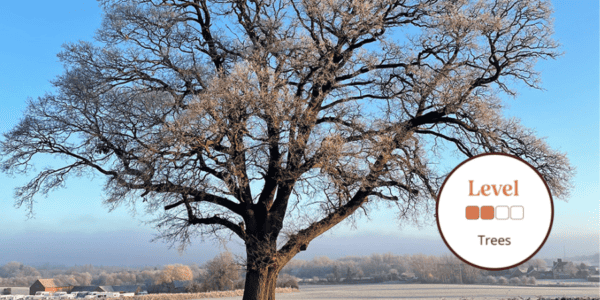
Thu 31, October 2024 - Thu 05, December 2024
The webinars will take place on Thursday 7.00 pm - 7.45 pm on the following dates:
- Week 1: 7th November 2024
- Week 2: Assignment due 14th November 2024
- Week 3: 21st November 2024
No current dates for this course? Click here to view all the upcoming Natural History courses.
Progress Your Learning
This is a training course from the Field Studies Council, delivered by expert tutors with an approachable learning style. After attending this course, you may like to progress your learning with further relevant courses or branch out into other areas of natural history. The Field Studies Council offers both online and in-person courses, so you can choose the learning style that suits you best.
The course gives you the opportunity to immerse yourself in a new subject and acquire novel skills. Our online portal gives you time to study at your own pace and fit the lessons around your own schedule.
If you have any questions about our online courses please check our Frequently Asked Questions or email [email protected].
Group Bookings Made Easy
If you have a group of 10 or more individuals wanting to complete one of our courses, our team are available to discuss your options – from discounts to private team courses. Find out more!
You can rest assured that the absolute best content from an expert in environmental education will be at your fingertips. In choosing a Field Studies Council course, you will be joining thousands of people who learn with us each year.

